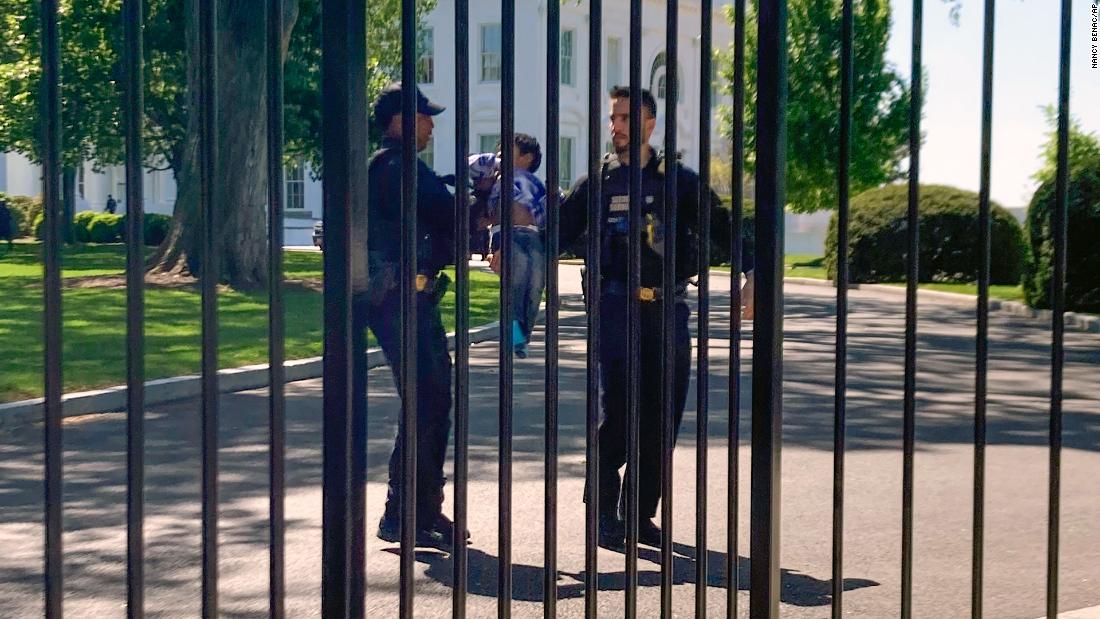AMY Coney Barrett is the Supreme Court Justice who rejected Donald Trump’s last-gasp attempt to postpone his criminal sentencing days before his Inauguration.
Trump is due to be sentenced on January 10, 2025 for illegally using campaign funds to pay hush money to porn star Stormy Daniels – but who is the woman who made the decision?
ReutersAmy Coney Barrett was sworn in as Supreme Court justice to replace Justice Ruth Bader Ginsburg in 2020[/caption]
Getty Images – GettyJudge Barrett is married to former federal prosecutor Jesse M. Barrett[/caption]
Who is Amy Coney Barrett?
Amy Coney Barrett was born in 1972 and raised in New Orleans.
She is the eldest child of seven siblings.
Her father worked as an attorney for Shell Oil Company.
She earned her undergraduate degree in English literature in 1994 at Rhodes College in Memphis, Tenn.
She then graduated from Notre Dame University Law School, and clerked for conservative icon Justice Antonin Scalia.
Barrett was one of the leading choices for the role of Supreme Court Justice following the death of Justice Ruth Bader Ginsburg, a feminist icon and the second woman to ever serve on the nation’s highest court.
She was nominated by President Trump on Saturday, September 26, 2020.
He said at a rally in North Carolina he would choose a female as his pick for the next Supreme Court justice, and described Barrett as “very highly respected.”
Barrett is a devout Catholic. She previously said “life begins at conception,” according to a 2013 Notre Dame Magazine article.
She is reportedly a member of People of Praise – a small, tightly knit Christian group.
She is strongly anti-abortion.
She is an originalist, arguing that the Constitution should be interpreted based on the original understanding of its founders, and has advocated for a strict interpretation of the text.
Why did Amy Coney Barrett reject Donlad Trump’s sentencing request?
Barrett’s move goes against the political grain, but she explained why she made the decision to side with the original sentencing date.
Trump claimed president-elect immunity should keep him from facing the 34 felony charges he was found guilty of, but that claim was rejected.
The court filing, which Barrett was partly responsible for setting into motion, said: “[D]efendant makes the unprecedented claim that the temporary presidential immunity he will possess in the future fully immunizes him now, weeks before he even takes the oath of office, from all state-court criminal process.
ReutersConey Barrett took the oath of office alongside President Trump on October 27, 2020[/caption]
“This extraordinary immunity claim is unsupported by any decision from any court.
“Non-employees of the government do not exercise any official function that would be impaired by the conclusion of a criminal case against a private citizen for private conduct.
“And as this Court has repeatedly recognized, presidential immunity is strictly limited to the time of the President’s term in office.
“No judicial decision or guidance from the Department of Justice has ever recognized that the unique temporary immunity of the sitting President extends to the President-elect.
How will this impact Donald Trump?
In all likelihood, this ruling will not greatly impact the president-elect, as he is expected to avoid jail time completely.
Acting New York Supreme Court Justice Juan Merchan has already suggested that he will let Trump go without any meaningful legal consequences.
Trump is even being allowed to appear remotely at the sentencing due to the pressures of the presidential transition period.
Whilst the future president will officially be a convicted and sentenced felon on the day of his inauguration, it is not thought that this will make much of a substantial difference to the ceremony.
Published: [#item_custom_pubDate]















































































































